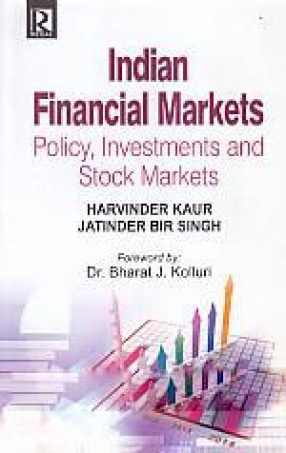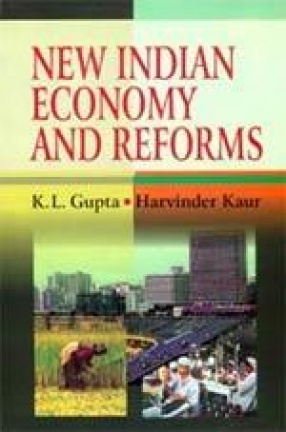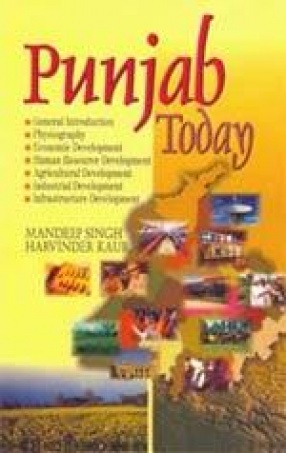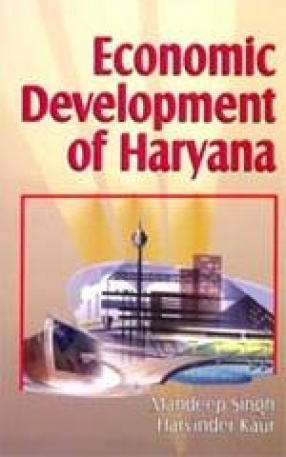
Showing all 5 books




Haryana emerged as a separate state in the federal galaxy of Indian Republic on November 1, 1966. With just 1037% of the total geographical area and less than 2% of India’s population, the state has carved a place of distinction for itself during the past three decades. In this perspective, this book highlights the structural changes and economic development of Haryana duly substantiated with up-to-date statistical facts and figures. The book covers the ...

The process of economic reforms initiated in the year 1991 is transforming the fabric of Indian economy extensively and has promoted new directions and dimensions for its development. In this context this book is an up-to-date attempt which reviews and analyses the various reforms measures and their impact within easy comprehension of the students and the general readers. Second generation of economic reforms have also been reviewed comprehensively. Finally, a ...

The state of Punjab occupies an extremely important place in India. Although Punjab encompasses only 1.5 percent of geographical area of the country, it produces 21 percent of wheat, 10 percent of rice and 8 percent of cotton of the total produce of these crops in the country. Infact, the state of Punjab has maintained its position as a prime state of Indian Union. In this perspective, this book highlights the structural changes and economic development of Punjab ...

The era of sixteen years of economic reforms in India has given us some indication of what is possible. The growth rate of the economy in the past reforms period is higher than in the previous decades putting India among top ten fastest growing developing economies. However, the task of reforms is far from over. Our growth remains below the levels achieved by East-Asian countries. We need to grow at much faster rates if we have to raise standard of living of the ...
